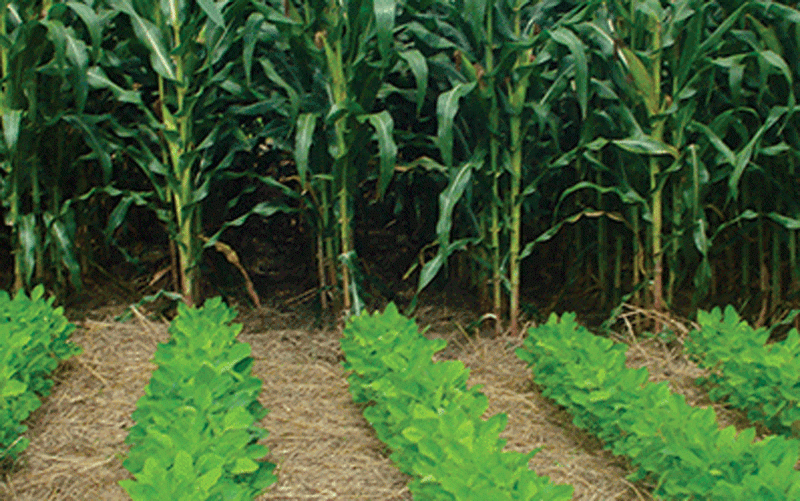
BESIDES loss of autonomy and exposure to external shocks, countries that are obsessed with foreign currency tend to marginalise the majority of citizens from participating in socio-economic development.
Ideally, development should be seen in the wellbeing of local people.
It is through investment in data collection and analyses that policymakers can see the big difference between consumptive-driven economic development and foreign-currency-driven economic development.
For instance, a country that earns US$2 billion from mining and exporting minerals can struggle to distribute income equitably for the benefit of citizens.
On the other hand, if the majority of citizens earn US$2 billion from agriculture and food systems, the benefits will go directly to ordinary people and national growth.
Need for systems that have direct impact on the majority
A sad part of the colonial legacy is that most African countries have adopted systems that have no direct impact on people’s lives although such systems take resources from the fiscus.
As if that is not enough, efforts to explain roles of government departments are often missing.
- Young entrepreneur dreams big
- Addressing unfair trade key to transforming African food systems
- Urgent economic structural transformation necessary
- Chibuku NeShamwari holds onto ethos of culture
Keep Reading
For instance, many citizens have several unanswered questions why government should have a ministry responsible for youth or women, but not have a ministry responsible for households since both youth and women are members of households in which food is critical.
Where there is a ministry responsible for agriculture, the majority of citizens may only be aware of the extension officers with whom they interface regularly, but other departments like those responsible for mechanisation, food quality and trade remain unknown to citizens.
Extension officers are known to farmers because they are part of the local ecosystem, unlike other departments whose roles do not speak directly to the citizens.
In the absence of basic information on the role of government departments, ordinary people lack appreciation of the role of government.
When they hear about the existence of the Information ministry, they ask themselves, information about what when farmers and rural communities continue to lack information on what they consider more valuable.
A case for indigenous government systems
While most African economies have two different economies, formal and informal, during shocks like COVID-19, the home-grown informal economy becomes a source of resilience for the majority of farmers, vendors, traders and low-income consumers.
Rather than focusing too much on foreign currency, African countries should be investing in the development of home-grown government systems informed by indigenous knowledge and contexts.
For instance, there is no reason why the role of chiefs should be diluted or undermined by the roles of MPs, councillors or any other structures brought by development agencies or religious organisations
Where two different economies compete for attention, if not carefully addressed, the tension undermines collective national development.
For instance, the formal economy advocates for a solution to an economic crisis based on salary increments, the main assumption being that increases in food prices are cured by giving people more money.
On the contrary, the informal economy is based on the premise that money in itself may not be a solution, but figuring out how socio-economic actors like farmers and small and medium enterprises can be supported to produce more food and services.
That way, entrepreneurship is expanded through reducing supply-related costs and providing aggregation systems.
If these are addressed, the landing cost of food will be affordable to consumers.
Building efficient food distribution systems can be a more sustainable solution than relying on foreign currency from minerals or tobacco to import food.
Planning and staggering production is key to avoiding gluts and avoidable shortages.
Government should not wait for international organisations to declare a state of hunger.
Since it has structures at community level, government just needs to develop tools and systems for generating data at ground level.
This should be complemented with mapping of food distribution systems at national level which should inform targeted food aid.
Without proper mapping and planning, food aid can undermine community resilience and the social fabric.
Instead of relying on food imports and food aid, focus should be on enhancing knowledge on use of water and other natural resources.
In most countries, the impact of COVID-19 was worse than the impact of drought, but local communities and markets were an integral component of the coping mechanisms, not foreign currency.
The pandemic showed the need for governments to re-purpose resources from building main roads towards food production and feeder roads from farming areas.
COVID-19 also revealed the extent to which countries should strive to build their food sovereignty based on existing food diversity which can withstand geo-political tensions like the Russia-Ukraine war and future pandemics.
Foreign currency cannot be a substitute for internal food and nutrition security support systems because there can be no place from which to import food.








